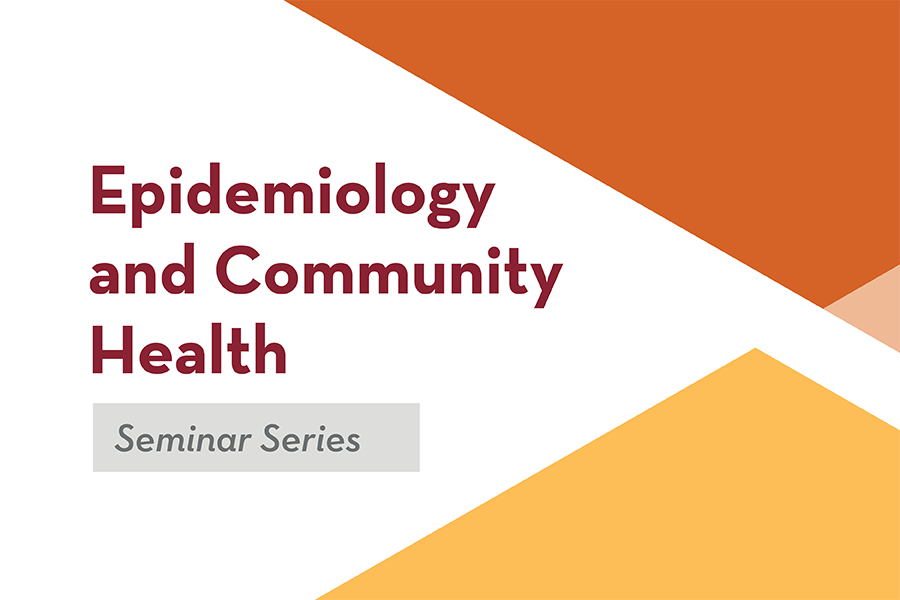Indigenous birth givers bear a disproportionate burden of poor pregnancy outcomes (e.g., preterm birth, hypertensive disorders, gestational diabetes mellitus, severe maternal morbidity, and maternal and infant mortality) that disrupt birth ceremonies and portend future health concerns experienced by children, mothers, families, and communities. Indigenous birthgivers also often hold citizenship in sovereign Nations with whom the US has agreements of fiduciary responsibility. The Patient Protection and Affordable Care Act (ACA) is a complex set of policies that have demonstrated positive impact on perinatal health. Unfortunately, conversations to repeal the ACA are ongoing and often do not include the specific needs or contexts of American Indian and Alaska Native (AIAN) peoples. Because the ACA included several AIAN-specific provisions, there is opportunity for differential impact and ultimately, the potential to reduce health inequities between AIAN and non-AIAN birth givers. In partnership with an advisory board of Indigenous health services and policy experts, this project combines qualitative and quantitative research analyzing national datasets and interviews with expert consultants to provide understanding of how to make federal health policy work equitably for Indigenous birth givers in the US.

- This event has passed.
Event Series:
EpiCH Seminar Series
An Assessment of Equity in the Impact of the ACA among Indigenous Birthing People
April 26, 2024 @ 10:00 am - 11:00 am CDT


